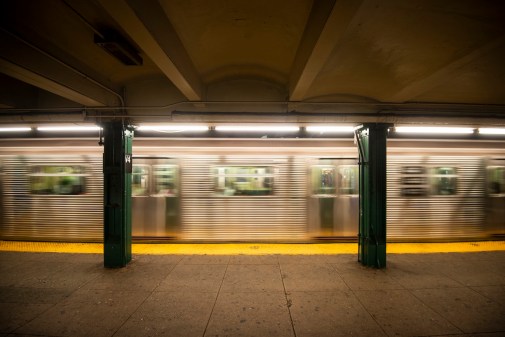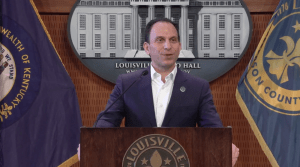To avoid ‘AI divide,’ National League of Cities and Google share AI report and toolkit for local governments

The National League of Cities and Google Public Sector on Wednesday jointly released a report evaluating artificial intelligence use at the local level and providing a toolkit of resources to help cities adopt the technology without creating an “AI divide” among communities.
The AI in Cities report — which was informed by NLC’s 20-member AI Advisory Committee and Google’s AI Principles — aims to provide practical guidance to local governments as they consider the impact of AI on operations and the role it may play in modernizing city services. It evaluates how cities are using artificial intelligence, explores the risks of the technology, and provides an overview of the security and safety practices that should be considered to mitigate those through case studies and step-by-step questionnaires.
The 50-page report also breaks down the different types of AI that are relevant to city governments, such as generative, predictive and perceptive — noting that while local government use cases of generative AI are just starting to emerge, other forms of AI, such as predictive AI, have been used by local governments for years.
While an October 2023 survey by Bloomberg Philanthropies found that only 2% of city mayors said their cities were actively implementing generative AI, authors of the report said recent advancements in the technology have “significantly expanded accessibility and potential applications in cities, towns and villages of all sizes.” And there is significant interest in utilizing the technology at the local level: Of the mayors who responded to the Bloomberg survey, 96% expressed interest in using generative AI and 69% said their cities were exploring or testing the technology.
However, according to Karan Bhatia, vice president and global head of government affairs and public policy at Google, “not all cities are utilizing or have access to AI. This risks turning the digital divide that has plagued many cities into an AI divide, with lasting impacts on urban communities.”
The AI toolkit section of the new National League of Cities report includes four sets of questionnaires that cities should complete when undertaking certain processes leading up to the implementation of AI, such as conducting a landscape analysis of AI use in their city; performing a readiness assessment to assess current capabilities and competencies; developing AI use guidance and policies; and conducting public engagement around AI use.
Along with the guides, the toolkit features a case study of how city officials in San Francisco, California developed their AI use guidelines through internal surveys, the establishment of working groups and the production of educational materials to improve staff awareness of AI’s potential limitations.
The report also notes that “there is no one-size-fits-all approach to AI adoption in cities,” but local governments stand to considerably benefit economically from generative AI as more tasks are automated. “It is critical that city officials understand their role in harnessing the potential of AI applications to modernize city services, and implement strong guardrails to responsibly implement and operate these new services,” the report states.






